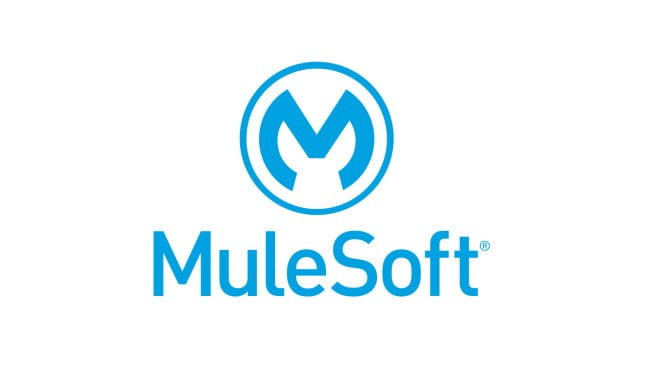PwC has aligned with MuleSoft to offer integration solutions for today’s digital businesses to help develop holistic, intelligent and secure integration capabilities that interconnect the entire ecosystem in real-time. We provide clients with integration capabilities that go well beyond technology alone—encompassing strategy through delivery - assisting with key aspects such as organizational, cultural, process, controls, cyber security and governance changes.

Reducing the complexity of the integration landscape
In organizations, business demands outpace IT's ability to respond, thus creating ‘A Digital Divide’. Underlying IT challenges have business impacts including:
Disparate systems & data
Fragmented and redundant integrations
Technical debt
Organizations are no longer isolated enterprises—they are distributed ecosystems of employees, customers, partners, and suppliers—all with different processes and systems. The proliferation of endpoints (apps, systems, processes, devices, data) and the influx of third-party cloud services is creating an extraordinarily complex integration environment. Traditional approaches to integrations will no longer work.

Benefits of an API-led integration strategy
Our API-Led Integration strategy provides businesses the ability to connect an increasing number of technologies together with a set of standardized, reusable API services. By quickly connecting new information and operationalizing it across the entire enterprise, businesses can increase automation, enable tighter security, and create competitive advantages in their industry.
With PwC’s deep industry knowledge and emphasis on business outcomes, we can help you build a modern integration platform that is robust, scalable, and sustainable to quickly add value to your business and your people. We have tools and accelerators to help drive your integration migration at scale.
This cutting-edge integration strategy can help you improve decision making (e.g., reliable data), reduce the cost of technology (e.g., reusability, maintainability), and improve your business and partner interactions (e.g., easily accessible data). Additional benefits include:
Faster project delivery.
Increased project delivery speed by up to 2.5x1
Decreased development time by between 38%-67% depending on API complexity2
Lower costs of development and maintenance.
Increase development speed by 20%2
Cut maintenance time by up to 90%2
Increased reuse of pre-built integration assets.
10% increased productivity and 12% increase in top-line growth due to API re-use1
Simplified and scalable integration architecture.
Increased self-service enablement for business users.
Note: these metrics are specific to a company migrating from legacy/existing middleware to MuleSoft
1. 2020, MuleSoft Connectivity Benchmark Report, https://resources.MuleSoft.com/ty-report-connectivity-benchmark.html#loaded
2. 2019, The Total Economic Impact™ Of MuleSoft’s Anypoint Platform, Forrester
Our approach
We start by applying PwC’s Integration Fabric that we tailor to your integration maturity and provide a recommendation on how to get started:
Steps |
Maturity stage |
Description |
Quick diagnostic |
Current state and goals ready |
Get started quickly by understanding your organization’s maturity areas and opportunities to improve |
Strategy |
Strategy and plan ready |
Align your organization by defining the strategic vision and case for change for the Integration Fabric |
Architecture blueprint |
Data ready |
Establish technical direction by defining the future integration architecture and operating model |
Center for enablement |
Organization ready (Change adoption) |
Enable your organization to realize the Integration Fabric by designing and mobilizing the competency |
Implementation |
PwC's API Factory Model |
Select, plan, mobilize, deliver, and manage change with the right combination of enabling tech with a pragmatic agile approach |
This approach is built on a foundation of PwC assets and accelerators:
- Terrain Insights: Uses automation, analytics and visualization to help deliver an always-current view of critical business services and the underlying IT assets required to deliver them
- Integration Fabric: The framework used to look at integration from a strategic perspective.
- Key assets: Self-service storefront, blueprints, reference architectures/patterns, standards, core dependencies/code, runtime support automations/admin tools, governance structures, and “how to” guides.
- Software alliances with Workday, Oracle, SAP, Google, and Salesforce.









